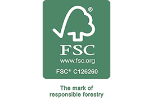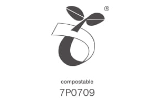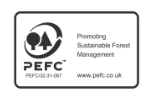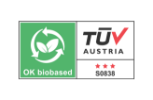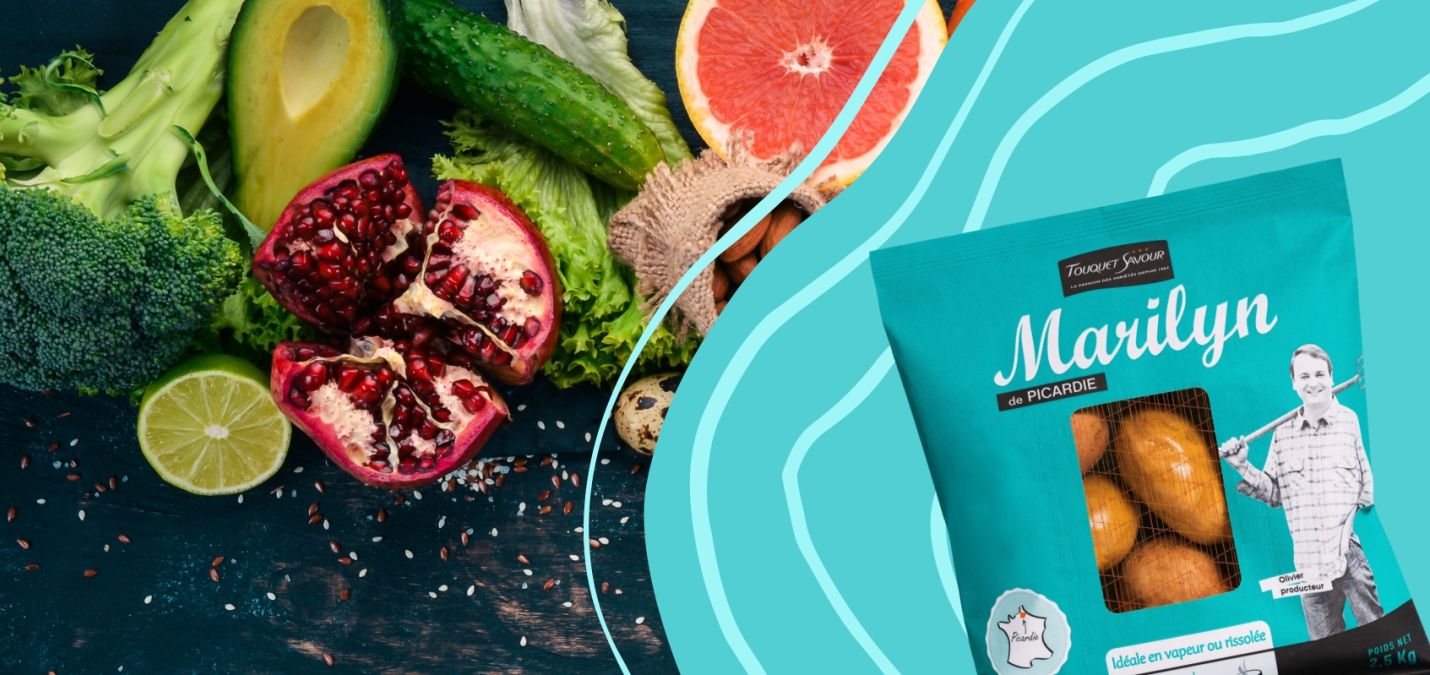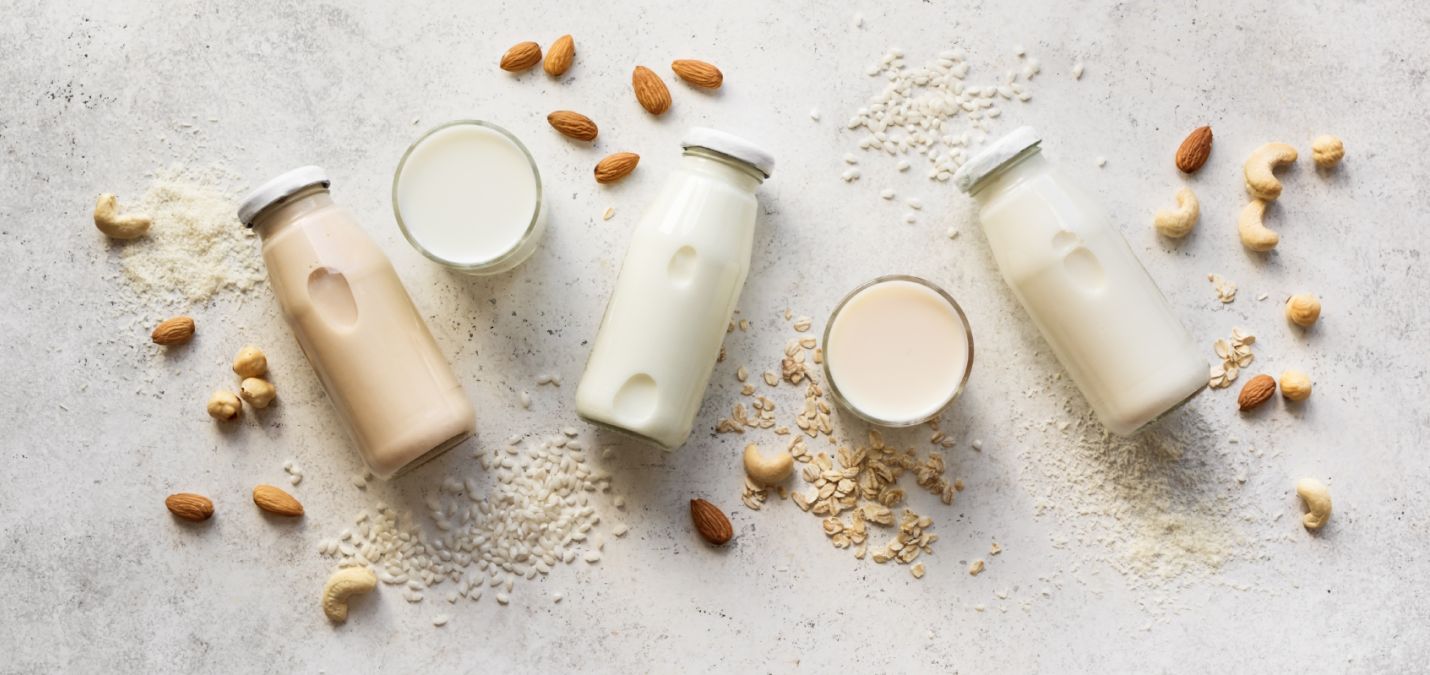

Combined materials in packaging
It is no secret that SILBO packaging of the MONOSIL type, i.e. made from only one type of raw material, is beneficial from an environmental point of view. But this does not mean that we should exclude multi-material products. They also show environmental potential, provided that they meet certain requirements.
Recyclable multi-material packaging

We should be aware that multi-material packaging can also be recyclable and easy to separate. However, it must be designed in such a way that the individual layers can be separated relatively easily. It is also important that customers themselves should be able to identify it.
Example? Yoghurt packaging consists of a plastic pot wrapped in a paper wrapper with an aluminium lid. In this case we have three different raw materials. But it is not a big deal to put the individual components in separate recycling bins, especially if there is a special strip on the paper label that makes it easy to separate it from the plastic part. The lid and pot go into the yellow plastic bin, the wrapper - into the blue paper bin.
The same applies to glass jam jars with a metal cap and paper label. If you are not going to reuse the jar, the wrapper should be removed and the cap treated as a separate raw material. Here, similarly, each component ends up in a separate bin.
Quite intuitive, isn’t it?
Multi-materialism can sometimes be harmful

With this knowledge, we can also translate it into the opposite situation. When does multi-material packaging harm the environment? The answer is simple: When the individual raw materials cannot be separated from each other.
Think, for example, of the popular juice cartons, which for practical and hygienic reasons must be protected on the inside with aluminium foil. Once the product is used up, the foil cannot be peeled off by hand and separated from the paper layer. As a result, such packaging is basically difficult to recycle. Technically, such packaging is designed to be recycled and sorted and resource recovery plants have the technology suitable for recycling this type of packaging. In practice, however, for many businesses this is unprofitable, and sometimes even impossible to apply.
Even at the first stage of household segregation, many people mistakenly place their packaging in the blue bin for paper, rather than the yellow bin for metals and plastics, because they are only guided by the top layer of the packaging. The chances of recycling are then reduced even further1.
SILBO multi-material solutions- the right consumer choice
At SILBO, we reduce plastic as much as possible and provide our customers with differentiated solutions depending on the needs and specifics of the packaged product.
Our packaging falls into the MINISIL category, where plastic is reduced to minimum and, for now, irreplaceable, in this particular case. The individual materials can be easily separated from each other, which makes segregation and recycling easier. For the sake of the environment, the weight of the packaging itself is reduced, and the adhesives and water-based inks that were used reduce the carbon footprint. Furthermore, SILBO produces packaging in low-emission conditions, in a plant based on renewable energy sources.
Being multi-material is not a bad thing in itself. Many of our BIOSIL compostable packaging products are also made of combined materials. An example of such a combination is mesh + film. This solution does not rule out eco-friendly properties. This is further proof that modern technology in packaging production is not always limited to mono-materiality. However, if you have any doubts about the choice of packaging and unsure about its parameters, it is worth checking the certificate printed on it.
1 More on this topic: https://portalkomunalny.pl/gdzie-wyrzucac-kartony-po-mleku-i-soku-2021-413956/
Zobacz również:
Most frequently read

About company
Silbo – packaging production experts with 20 years of experience in the industry. We support environmental protection on many levels, for example with creating new, biocompostable standards in the field of packaging production. These are the main values on which the activity of SILBO is based: focusing on innovation, ecology and quality issues.


Received certificates
